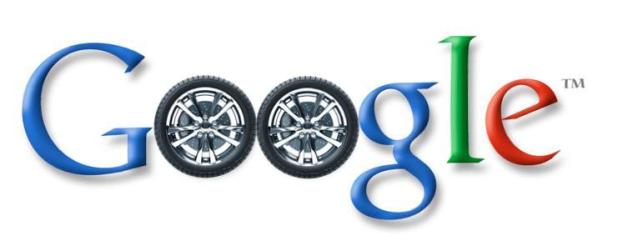 News that Google is looking to expand an online shopping service that it’s been testing with dealers probably has companies like Cars.com a little worried.
News that Google is looking to expand an online shopping service that it’s been testing with dealers probably has companies like Cars.com a little worried.
Well, at least it should.
Building on a test program it’s been conducting in the San Francisco Bay area, Google says it now plans to extend the online car-shopping service throughout California and expand to more states, reports Automotive News.
The service, which dealers in San Francisco have been testing since last summer, allows consumers to browse dealers’ inventory and check vehicle prices without ever leaving Google search pages.
Typically, Google would direct potential car buyers to other automotive sites such as Cars.Com, Edmunds.com or Autotrader.Com.
Now, the search engine giant wants to keep those eyeballs on its own pages by providing consumers with a list of potential dealers when shopping for a vehicle while pulling in the money that other auto sites generate from sales leads.
The online service functions a lot like searching for restaurants on Google. For example, let’s say you’re shopping for a Toyota Prius. After entering “Toyota Prius San Francisco” on Google, a box appears on the first page of the search results with a picture of a Toyota Prius and a link marked “Toyota Prius — Inventory on Google.”
A potential car buyer would then click a link opening a page with a detailed list of vehicles available at local dealerships, explains the Automotive News report.

It’s a pretty smart move by Google considering that more than 90 percent of car buyers begin their shopping online, and two of every three visitors to a typical dealership’s web site are directed there from a Google search page, as indicated by AN.
So far, the program has gotten mixed reviews from dealers, but considering the branding power of Google, the service could become a force to reckon with in the future of online car shopping.
Of course, there is an issue of perceived “source credibility” when it comes to purchasing a vehicle that might give a site like autotrader.com an edge over Google − despite the fact that both online services would likely direct shoppers to some of the same dealerships.
It’s an element that I’m sure has contributed to some of the challenges Google has faced with other services in areas such as music when matched against Apple’s iTunes.
Still, with Google continuing to gain clout as the primary go-to online resource, with some fine tuning, the search engine could wind up holding as much credibility when shopping for a Ford Focus in Miami as it does when searching for a sushi restaurant in Chicago.
How about you – would you be as comfortable with Google as your car shopping tool as say you would say a site like Cars.com?
Editors' Recommendations
- Google is bringing Chrome browser to cars, even more EV features to Maps
- Want to join the Android Army? Here are all the cars with Android Auto
- How to change the oil in your car
- Fiat-Chrysler pressured dealers to take extra inventory to boost sales numbers
- Most people want to keep their cars away from full self-driving, study says


